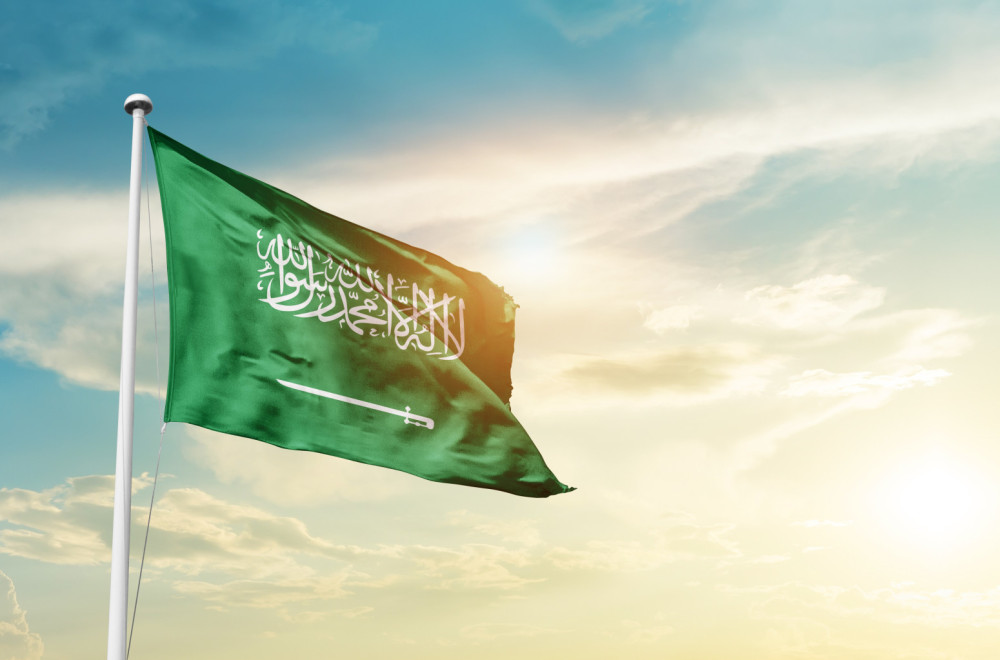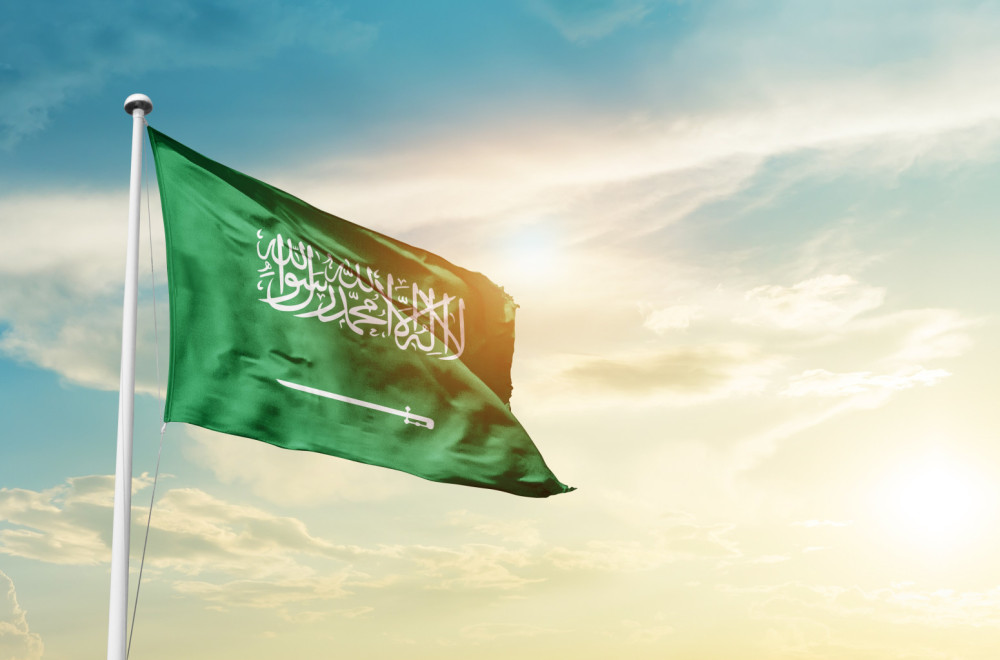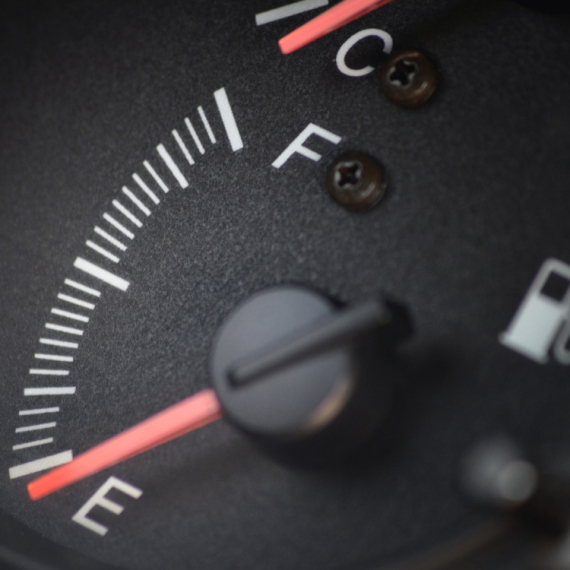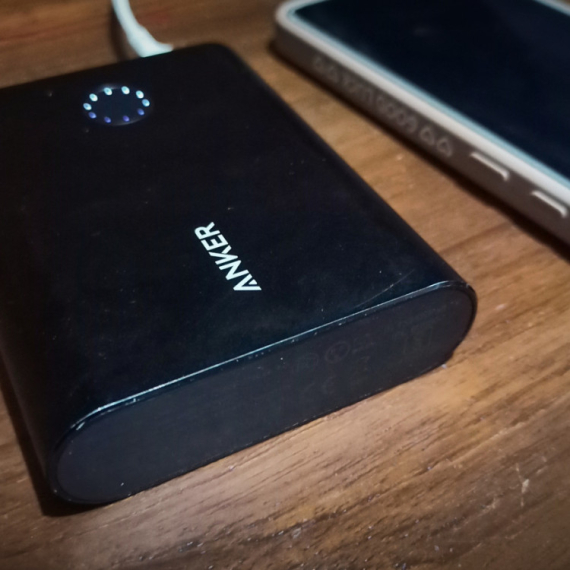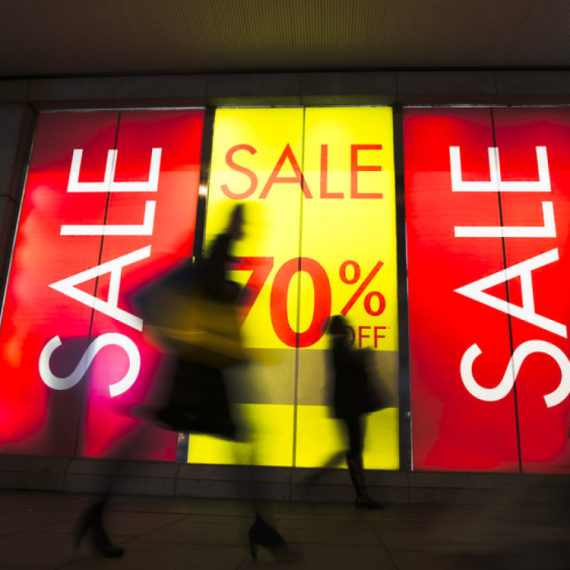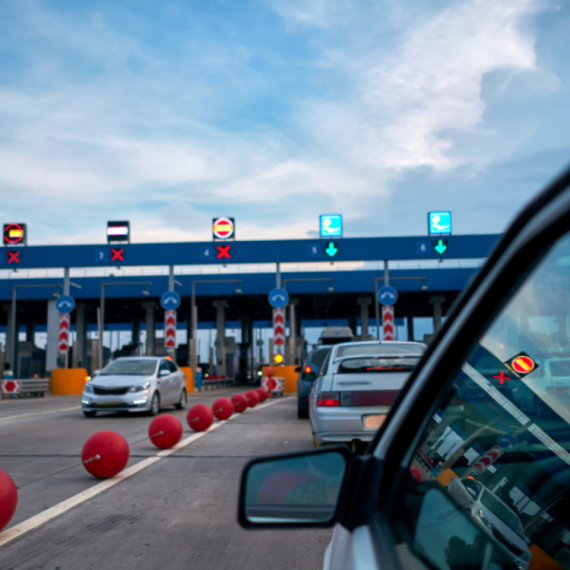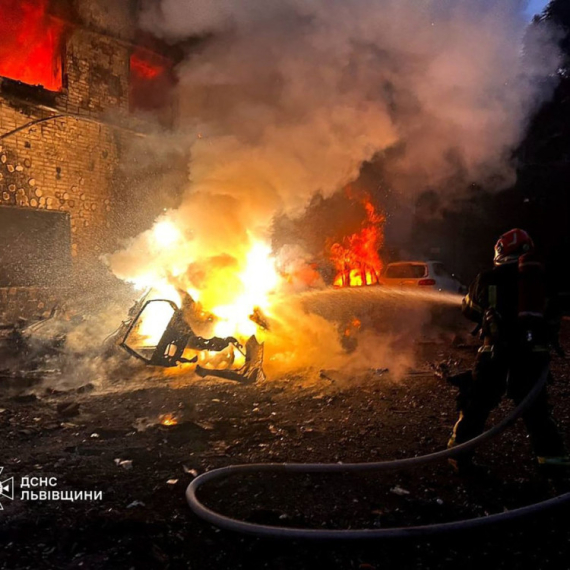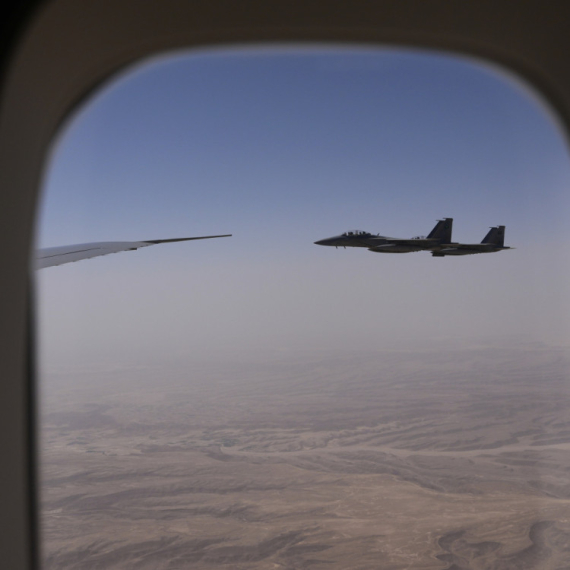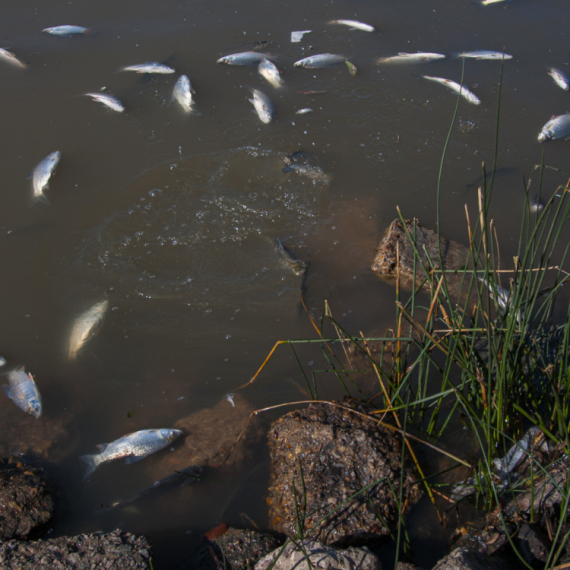OPEC+ and Saudi Arabia: Masters of the Oil Game or Manipulators of Global Prices?
Did you know that Saudi Arabia, as a key player in the OPEC+ cartel, not only dictates how much oil is produced but also how global oil prices skyrocket and plummet? Yes, you read that right! While the world struggles with inflation and rising fuel prices, the Saudis have just announced that they have voluntarily met the OPEC+ production targets – but with one small, yet significant catch.
What’s really going on?
According to an official statement from the Saudi Ministry of Energy, their crude oil supply in June was exactly 9 million barrels per day, in line with the agreed OPEC+ quotas. But wait, here’s the catch! Although production briefly exceeded the agreed supply, the extra amounts were not released to the domestic or international market but were redirected as a measure for unforeseen situations. In other words – they hold the valve and can drip or flood the market to control oil prices.
Production increase that shocked the market
At a virtual meeting last Saturday, eight key OPEC+ members, including Saudi Arabia, Russia, UAE, Iraq, and Kazakhstan, announced an increase in production by as much as 648,000 barrels per day. This decision surprised the market and led to a drop in oil prices. But is this a real increase or just a marketing trick to calm the public?
Oil demand is soaring, and OPEC+ holds the strings
Global oil demand is expected to grow by about 1.9% in 2023, nearly 2 million barrels per day more than previous projections. Total energy demand is set to rise by 2.3%. OPEC+ has even raised its oil demand forecast by 3 million barrels per day compared to the September projection. So, the world is thirsty for oil, and OPEC+ has the power to decide how much to release to the market.
How does this affect us?
In Serbia, fuel prices are already high – a liter of euro diesel costs around 200 dinars, and a liter of euro-premium gasoline about 210 dinars. Any increase in global oil prices hits the pockets of ordinary people directly. And while we sweat at the pumps, Saudi Arabia and its allies play a game of power and profit.
What about politics?
At the same time, Brazilian President Luiz Inácio Lula da Silva announced readiness to impose reciprocal tariffs on the US after US President Donald Trump imposed 30% tariffs on imports from the European Union, effective August 1. Global trade policies are shifting, and oil remains a key player in this geopolitical chess game.
Conclusion: Who really pulls the strings?
While the world struggles with economic challenges, OPEC+ and Saudi Arabia show they have the power to control the global economy through oil production. Although they claim to meet their quotas, their ability to manipulate the market remains unquestionable. Is this just a business strategy or a power game that keeps us all on thin oil ice?
If you think this is just the tip of the iceberg, you might be right. What do you think – is OPEC+ really working for the world’s good or just their own pockets? Drop a comment, maybe together we’ll uncover the real truth!





